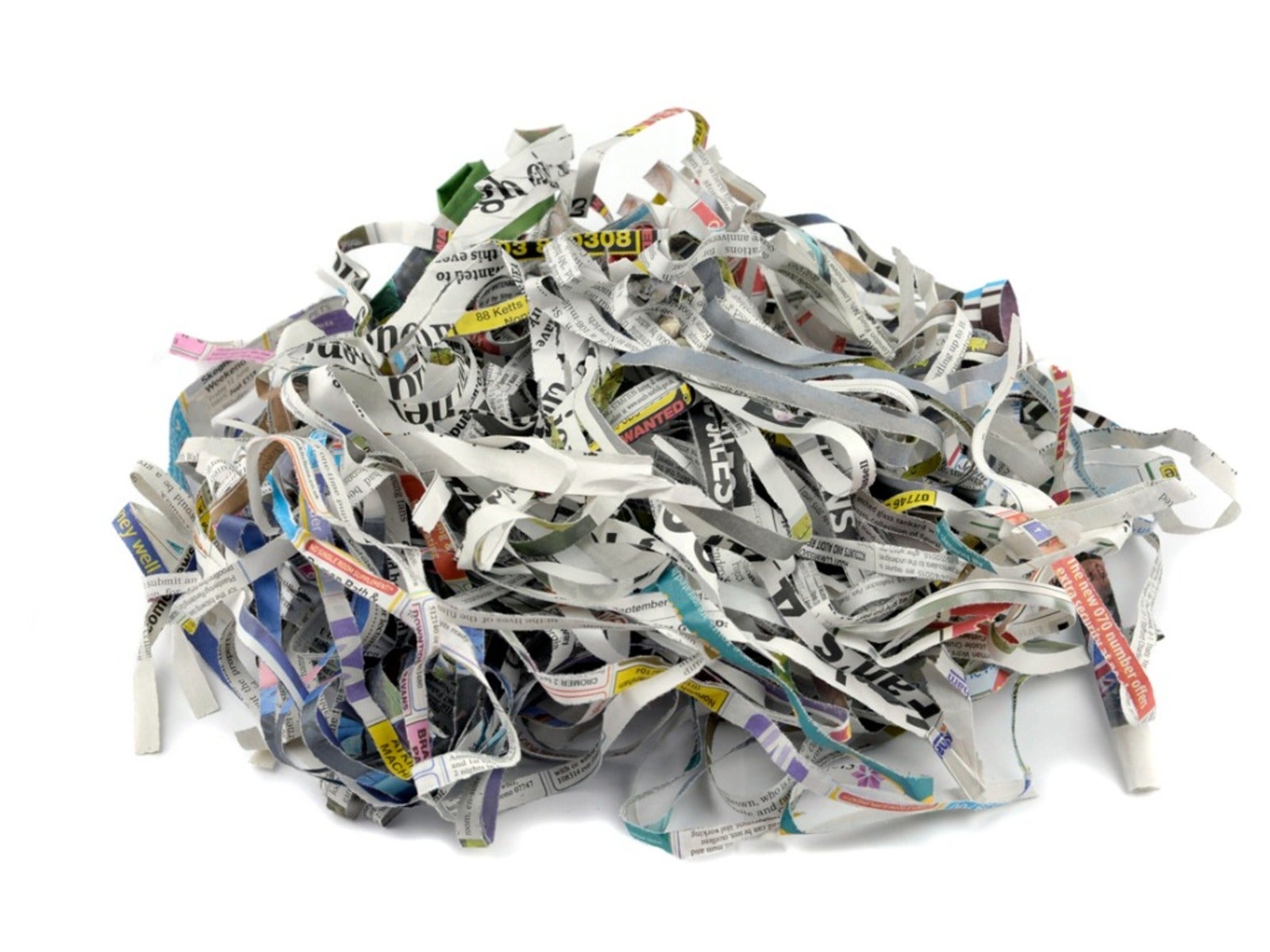Mulch Alternatives That Look Great In Landscapes


Many gardeners know the value of mulch around plant roots. Mulches stabilize soil, enrich it, and can contribute to better biodiversity. There are many landscape mulch alternatives to standard bark mulch. Many of these are cleverly recycled items that prevent landfill waste and foster a sense of sustainability.
Mulches provide protection to exposed soil surfaces. There are both inorganic and organic mulches, with each performing different additional functions. One of the most common mulches is bark mulch, an organic material that will break down slowly and enrich soil. But it has the potential to harbor pests and disease. Fortunately, there are other alternatives to mulching with bark.
Why Mulch?
The benefits of mulching are many. Mulch covers exposed soil surfaces, preventing erosion and loss of topsoil. Conserving soil moisture near plant roots where it is needed, mulch prevents the soil from drying out and crusting, encouraging the movement of water and nutrients from the top down into the soil.
Mulch keeps soil cooler in summer, and warmer in winter, a further protection for plant roots. Some mulches can inhibit the establishment of weeds, keeping beds nearly weed-free.
Organic mulches will rot slowly, improving soil nutrient content, encouraging beneficial organisms, aerating soil, and enhancing soil’s ability to hold nutrients. Most mulches will deter soil splashing, preventing certain diseases of leaves that are harbored in the soil.
Mulch can help protect certain plant stems and trunks from mechanical equipment. In vegetables and fruits like squash, mulch gives ripening fruit a place to rest that’s not soggy and can prevent rotting spots in the fruit. And most of all, mulch helps beautify garden beds and the entire landscape.
Inorganic Alternative to Mulch Made from Bark
Organic mulches are not long-lived. They will break down in time, necessitating additional applications. A more permanent solution is through the use of inorganic mulches.
Sign up for the Gardening Know How newsletter today and receive a free copy of our e-book "How to Grow Delicious Tomatoes".
Such alternatives to mulch made from organic material are longer lasting. Additional benefits from inorganic mulch are the lack of weed seeds, and their ability to stay in place better. However, such mulches will not contribute to soil health and generally must be purchased. Inorganic alternatives to mulches that are organic might pebbles, gravel, rubber, plastic, or fabric. Any rocky material should be less than ½ inch (1.5 cm) for maximum moisture retention and weed prevention.
Alternatives to Plastic Mulch
Plastic mulches are most commonly used in the vegetable garden. Examples are red mulch around tomatoes to enhance yields, or black plastic to warm soil. While the many types of black plastic can have their place in plant growth and yield, plastic is not compostable and has a potential to remain in the landfill.
Instead of plastic mulches, there are a few other options. Paper mulch will break down in just a few months but can still suppress weeds and warm soil. This is a great way to use up old newspapers. Landscape fabric is another option that will break down in time. Cellulose mulches are becoming more readily available and help prevent weeds. Leaf litter, bark, and straw are also acceptable substitutes.
Organic Mulch Alternatives
Bark is a classic example of an organic mulch. You can get it in bulk or by the bag in many garden supply locations. It comes in many hues and will enhance the garden in many ways.
But often, materials in the garden will provide plenty of mulch benefits. Leaf litter, homemade compost, sawdust, wood chips, grass clippings, and pine needles are often readily available in the garden. Coconut coir is a modern choice, while nut shells as a mulch are a very old alternative. Straw is not a very attractive option, but it will break down quickly and enhance aeration.

Bonnie Grant is a professional landscaper with a Certification in Urban Gardening. She has been gardening and writing for 15 years. A former professional chef, she has a passion for edible landscaping.